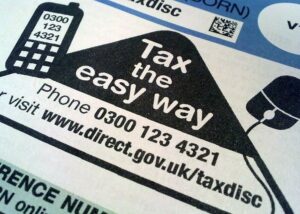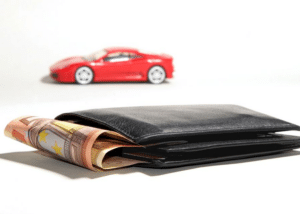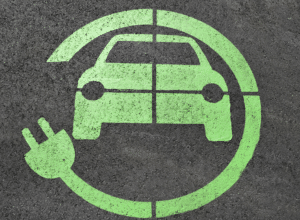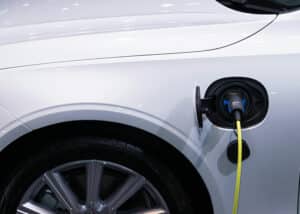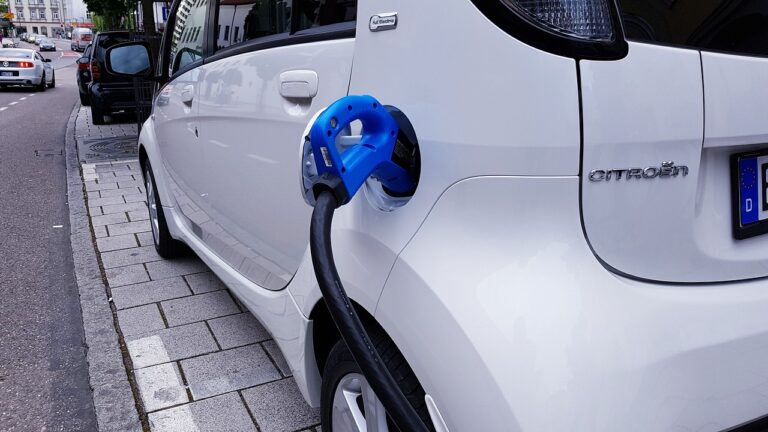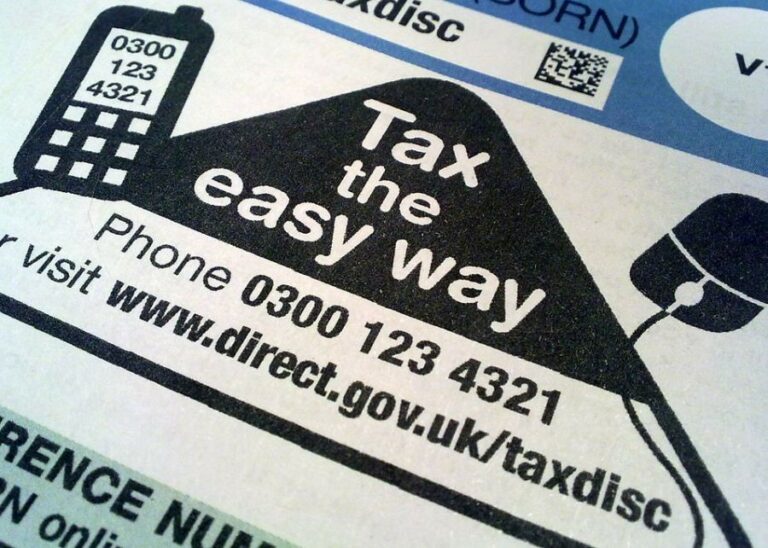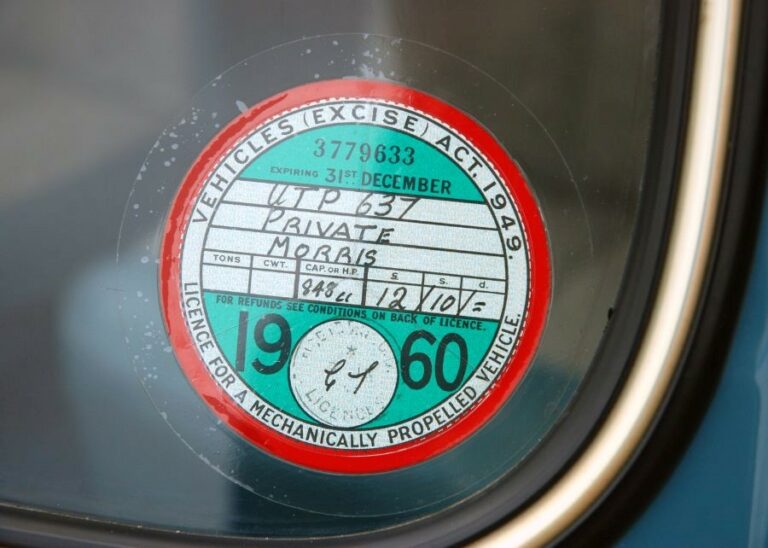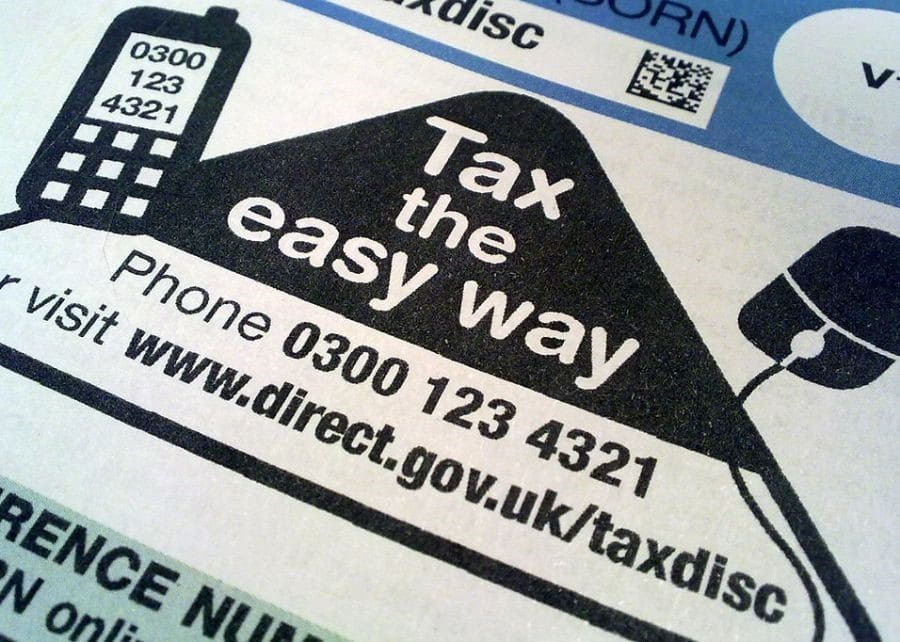
What’s changing?
Well, if you’re a petrol or diesel owner, listen in. Let’s delve into the details.
The VED ratesare set to rise based on the Retail Prices Index (RPI), which measures inflation in the UK. While the exact percentage increase is not specified, it is expected to be less than 6%.
The standard rate for cars first registered on or after April 1st, 2024, will likely increase from the current level of £180 for most conventionally powered cars to around £190, says Pete Barden.
Who will be affected?
VED rates depend on factors such as vehicle type, emissions, and date of first registration and have also increased in line with inflation since 2010.
The increase in VED rates is in line with RPI, meaning rates will remain unchanged in real terms for vehicle owners. This change will affect all keepers of cars, it will particularly impact motorists who own cars, vans, or motorcycles, and holders of motorcycle trade licenses.
According to Express, millions of petrol and diesel drivers will experience significant savings due to the planned VED changes. The charges are calculated based on the CO2 emissions produced by the vehicle, says Pete Barden and is not expected to impact family formation, stability or breakdown. Overall, customer experience remains largely unchanged as the operation of the tax remains the same.
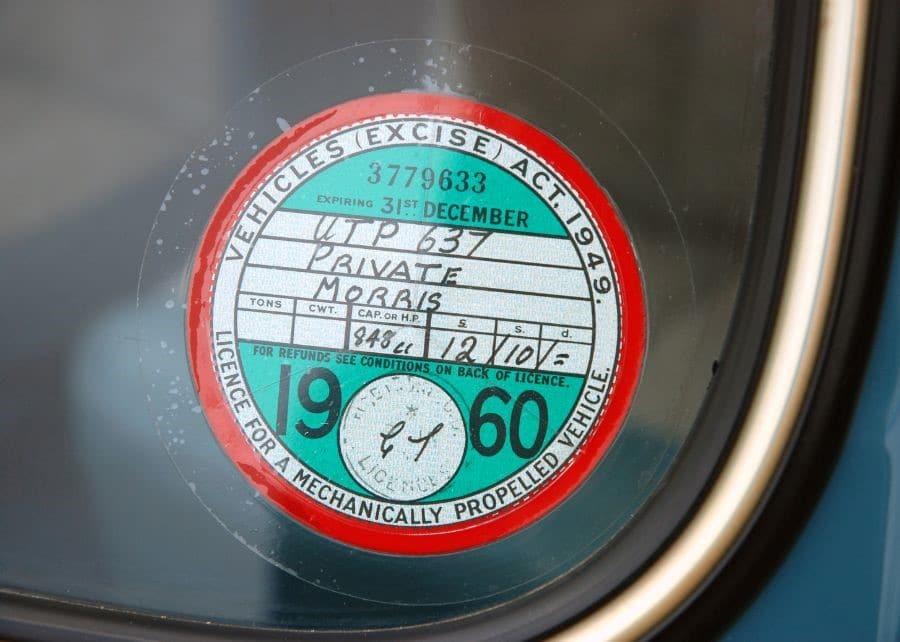
What support will there be for the transport sector?
In a move to support the transport sector, there will be the standard uprating, which will ensure that VED receipts are maintained in real terms and that motorists contribute fairly to public finances.
For HGV’s and HGV Levy, there will be further support for the haulage sector. VED for Heavy Goods Vehicles (HGVs) and the HGV levy will both remain at 2023-24 raters for 2024-25, says Heart.
For most vehicle owners, the increase in VED rates will be minimal, and rates will remain unchanged in real terms. This measure aims to strike a balance between fiscal responsibility and supporting the transport industry, according to the Government.
These adjustments are part of the ongoing efforts to maintain fairness and sustainability in vehicle taxation.
What will the affected be on electric vehicle owners?
For electric vehicle owners, they currently enjoy exemption from car tax fees. However, under the new changes, they will continue to be unaffected by VED increases, according to Express.
Drivers are also being encourage to switch to electric vehicles, as part of the electric vehicle incentive. The upcoming changes may put additional pressure on petrol and diesel drivers. With incentives being offered such as the congestion charge and Ultra-Low Emission Zone (ULEZ), to the LEVI Fund, EV drivers are exempt from ULEZ chargers and the LEVI Fund, which aims to assist local authorities in delivering EV charging infrastructure to residents without off-street parking.
While petrol and diesel drivers may experience higher fees, there is also the environmental impact and the option for those drivers to explore cleaner alternatives such as electric vehicles. All of these changes are part of the government’s efforts to maintain revenue and ensure a fair contribution from motorists. If you own a vehicle, it’s definitely a good idea to be aware of these adjustments so you can plan accordingly.



































